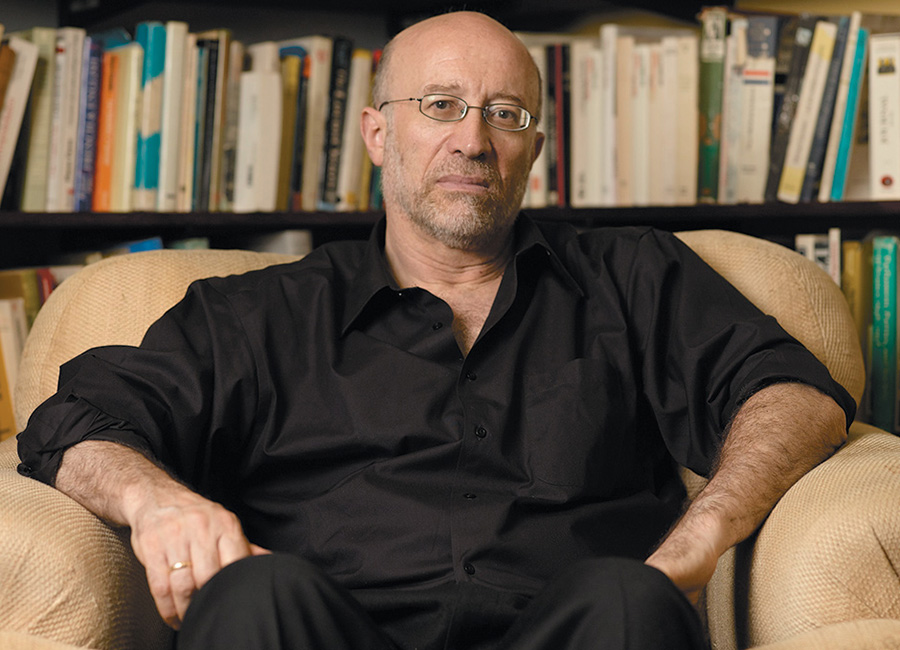Following our recent national conference call, we came away with the conclusion, based on participant request, for further political education that elaborates upon the meaning and nature of socialism and its politics.
In Autumn 2009, with the wreckage of the world economy still smoldering, Prof. Tony Judt, dying of ALS, delivered a lecture titled What is Living and What is Dead in Social Democracy?
As a frequent contributor to the New York Review of Books and author of several major European history volumes, most notably his prize-winning Postwar, Judt was firmly embedded in the European Social Democratic tradition. He was resolutely anti-Communist and his disillusionment with Zionism very late in life in hindsight seems problematic when juxtaposed to the contemporary record of another dissident, Noam Chomsky.
Wikipedia tells us “Social democracy is a political, social and economic ideology that supports economic and social interventions to promote social justice within the framework of a liberal democratic polity and capitalist economy.” Following the Second World War and the formation of the Eastern Bloc Communist countries of the Warsaw Pact, “social democrats embraced a mixed economy based on the predominance of private property, with only a minority of essential utilities and public services under public ownership. As a result, social democracy became associated with Keynesian economics, state interventionism and the welfare state, while abandoning the prior goal of replacing the capitalist system (factor markets, private property and wage labor) with a qualitatively different socialist economic system.” In other words, social democracy as a philosophy abandoned the goal of a democratic socialist system and replaced it with creating a welfare state system that would create a viable social safety net for the majority of the population.
As Judt points out, social democracy has only remained a viable project in countries with population homogeneity. “A willingness to pay for other people’s services and benefits rests upon the understanding that they in turn will do likewise for you and your children: because they are like you and see the world as you do. Conversely, where immigration and visible minorities have altered the demography of a country, we typically find increased suspicion of others and a loss of enthusiasm for the institutions of the welfare state.”
Furthermore, in a basic economic sense, social democracy contains an undeniable flaw that cannot be overcome. First formulated in 1943 by Polish economist Mikhal Kalecki, what is known as cost-push inflation is a systemic flaw that causes an internal collapse in the system. Dr. Mark Blyth at Brown University explains “Once you target and sustain full employment over time, it basically becomes costless for labor to move from job to job. Wages in such a world will have to continually rise to hold onto labor, and the only way business can accommodate that is to push up prices.”
Judt’s lecture is ultimately a warning. He outlines the history of social democracy as a project created after World War II in order to prevent the austerity politics in Germany that gave rise to Hitler. He called for “a social democracy of fear” to stave off the rise of a right wing politics. “The left, to be quite blunt about it, has something to conserve. It is the right that has inherited the ambitious modernist urge to destroy and innovate in the name of a universal project. Social democrats, characteristically modest in style and ambition, need to speak more assertively of past gains. The rise of the social service state, the century-long construction of a public sector whose goods and services illustrate and promote our collective identity and common purposes, the institution of welfare as a matter of right and its provision as a social duty: these were no mean accomplishments.”
As eco-socialists and intersectional feminists, we need to understand that social democracy was a failed project even during its alleged heyday and why. The welfare state excluded minorities and limited its reach to a framework that allowed for imperialism abroad.
Judt’s effort is not therefore a programmatic guidance as much as a tool for explaining where our societies have come from, why they failed, and why old solutions will not work in this new century.

